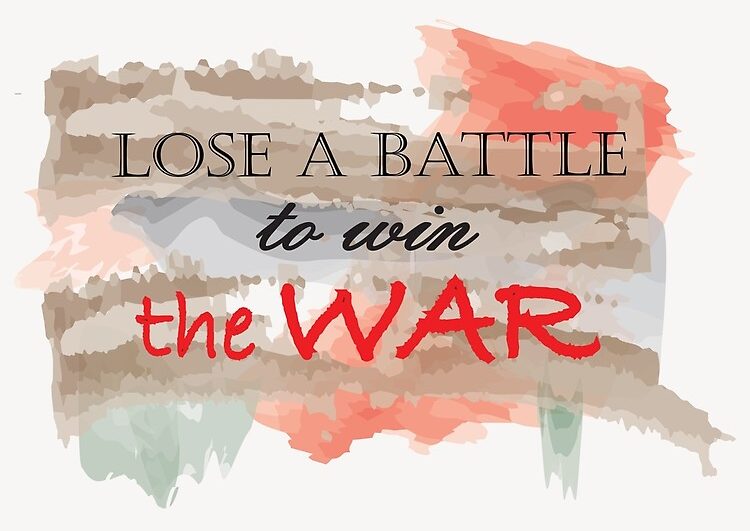
“Why is it important that churches lose the battle for attention?”
My short answer to the first question at the end of part 1 is “ … because winning the battle for attention points the church in the wrong direction. This post is intended to flesh out “the wrong direction”.
Winning attention is a key element of contemporary church growth strategy. The church growth movement (CGM) was started by Donald McGavern in the 50’s out of a concern for churches to be more missional.
Good intentions and missional principles of CGM were co-opted in evangelical churches and strayed from McGavern’s vision and intent.
Ed Stetzer states that the Church Growth movement went astray when it became overly simplified into a series of formulas for church growth, and ultimately led to the very thing McGavran sought to avoid, namely a new kind of mission station. Stetzer states too many of the churches following the emerging formulas became a socially-engineered mission station, which drew people out of their own cultures, into Christian warehouses and away from their neighborhoods and communities where they lived.1 https://en.wikipedia.org/wiki/Church_Growth?wprov=sfti1#
In CGM the operative word is growth. The measure of success is numbers. From the business world discussions of strategy, mission statements, and vision statements entered the church through the movement’s major practitioners. Competition and winning become primary means, justified by the end …spreading the Gospel.
It stands to reason that if a church planter just uses the right laws of management, understands psychological needs, embraces the pietistic practices of Christianity, and makes a vow to a creed or confession that can be interpreted relative to purpose, then surely he will be successful and please God at the same time. And after all, look at what the church planter has done for God!2https://www.opc.org/OS/html/V8/4c.html
Church Growth Movement –

The Body of Christ –

CGM characterized by bigness: efficiency, leadership, success, hustle, increase, growth, excitement, effectiveness, passion; is a stark contrast to love, joy, peace, patience, kindness, goodness, faithfulness, gentleness, self-control of the body of Christ.
“The contemporary American church is so largely enculturated to the American ethos of consumerism that it has little power to believe or to act. 3Walter Brueggermann
The adoption of CGM, primarily defined by an obsession for growth, shifted the trajectory of western churches away from the person and work of Jesus toward consumerism.
“Yes, but look what is being done for Jesus”
It is not possible to pursue Jesus and be obsessed with bigness at the same time without one of them becoming diminished in the process.
Karl Vaters4 Desizing the Church
Vaters’ statement is provocative but serious and deserves attention. One fact that seems to be in agreement is that the western church is diminishing.
Perhaps this post’s title should be “Losing the Battle for Growth”. In the next post I will examine implications of abandoning an obsession for growth and what that might look like.
STILL ON THE JOURNEY
Additional reading: De-sizing the Church: How Church Growth Became a Science, Then an Obsession, and What’s Next
- 1https://en.wikipedia.org/wiki/Church_Growth?wprov=sfti1#
- 2
- 3Walter Brueggermann
- 4Desizing the Church